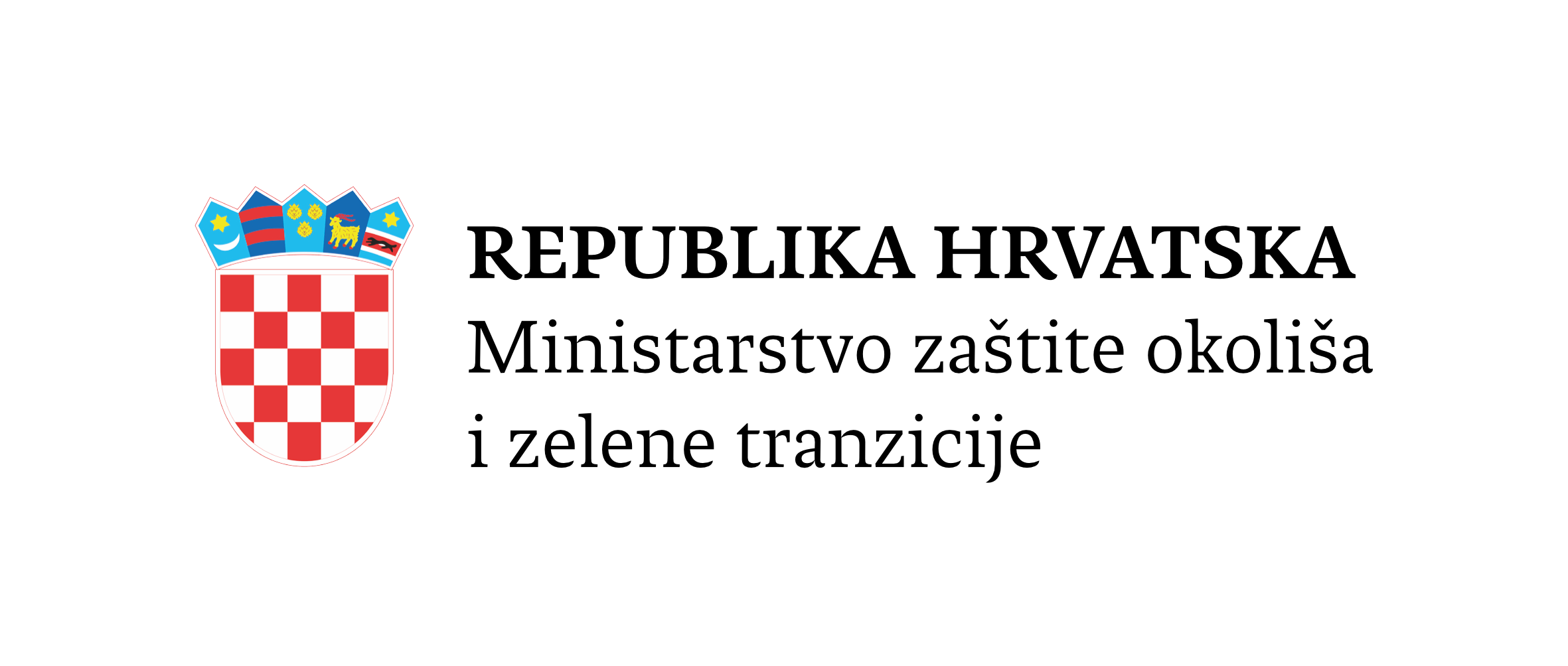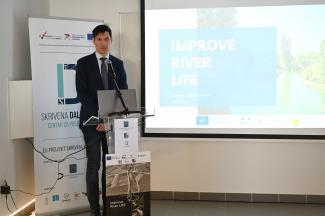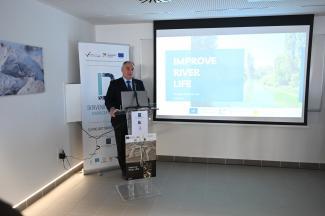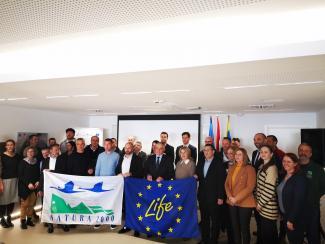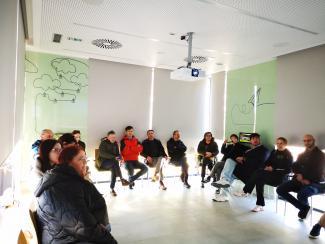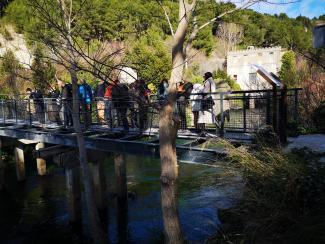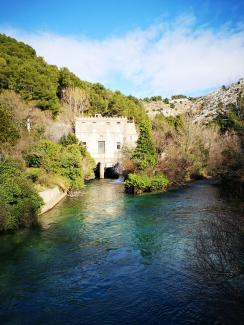The Improve River LIFE project initial conference was held on 2 February 2024, at the "Hidden Dalmatia" Visitor Center in Dugopolje. The project activities and expected results were presented in front of forty participants. The conference participants, under the expert guidance of the project partners, also visited locations on the Jadro River where the activities of water barriers removal will be carried out. Sightseeing of the "Hidden Dalmacija" Visitor Center and the “Jadro excursion site-park”.
The project was prepared and is implemented by experts from the Institute for Environment and Nature of the Ministry of Economy and Sustainable Development together with project partners from institutions – Croatian waters, the Public Institution “Sea and Karst”, and the Faculty of Science of the University of Zagreb. The project lasts 60 months. The aim is to restore habitats and to improve the state of the population of the soft-mouthed trout, an endangered and endemic species present in the EU exclusively in Croatia. The total value of the project is 4,736,406 euros, with a share of EU co-financing of 75 percent provided through the LIFE program for nature and biodiversity.
The project goal will be achieved by removing artificial barriers and ensuring the pathway for unhindered downstream and upstream movement of fish species in the Jadro and Vrljika rivers. In addition, the project will create a cadastre of artificial barriers on watercourses in Croatia and identify priority locations for the restoration of river passability. Transfer of experience and knowledge gathered through the project to colleagues from neighbouring countries, especially Bosnia and Herzegovina, is also planned, all in order to create additional capacities in the Neretva River basin for the preservation of the soft-mouthed trout as an endemic species of this area. Cooperation between nature conservation and water management sectors will be enhanced, that will ensure an improvement of species and habitats management in the future. The results of the project will provide a foundation for significant improvement of river connectivity on national level and contribution to the European Union Biodiversity Strategy goal of ensuring at least 25,000 kilometres of free-flowing rivers by 2030.
As part of the conference the World Wetlands Day was celebrated. Wetlands are the most productive and biologically richest areas on Earth. More than 40 percent of plant and animal species are related to them, but they are at the same time the most threatened ecological systems in the world. In the last 50 years, 50 percent of all the world’s wetlands have been lost. They are habitats for numerous plant and animal species, protect us from climate change, filter water, they are natural retentions for high water levels, and a significant natural reservoir of CO2.
